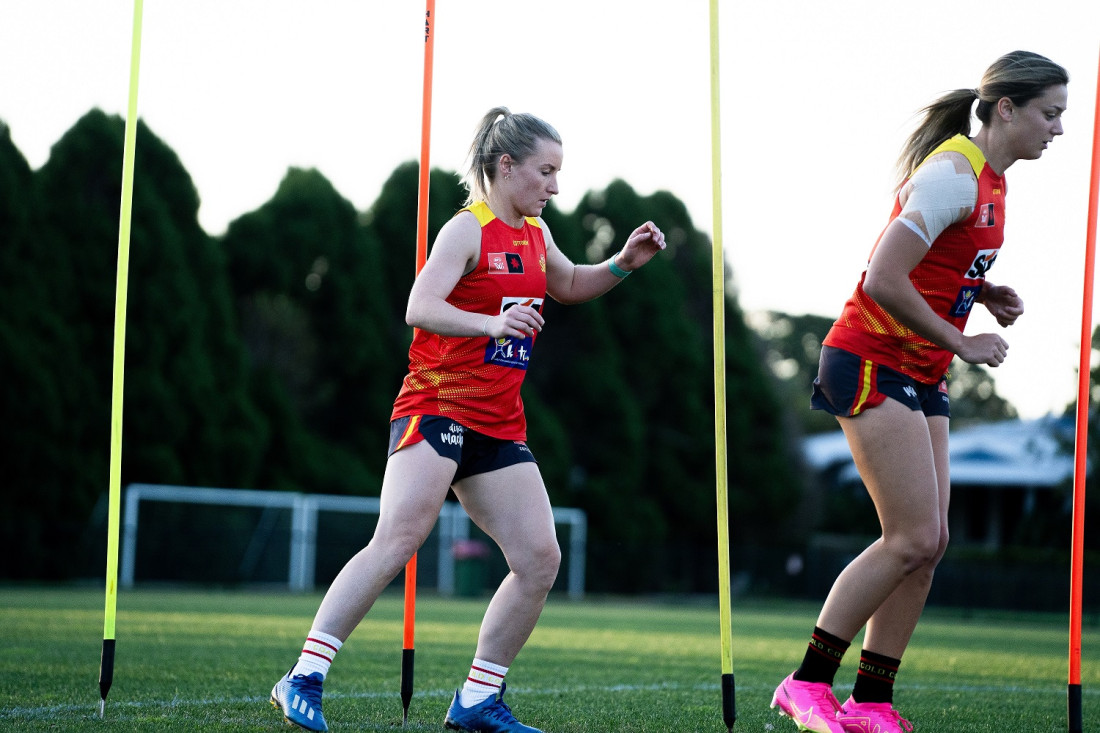AS championship football at the club level continues to evolve, so does the relentless intensity that accompanies it. With each passing year, the demands on players reach new heights. They run more, at higher speeds, with increased accelerations, decelerations, frequent changes of direction, and endure physicality like never before.
For coaches, the later stages of the championship present a delicate balancing act, where the aim is to prepare players for the gruelling battles without risking burnout.
It’s no secret that championship football can be a long and arduous journey. Many teams commence their preparations as early as January, making it crucial to manage player loads effectively as the competition progresses. The key lies in smart planning and ensuring players are appropriately conditioned for the challenges that lie ahead.
Take, for example, a typical week leading up to a Sunday championship match, with the next fixture just two weeks away. The mantra here is to strategically allocate low, medium, and high-intensity training days. This approach safeguards player well-being and optimises their performance when it matters most – on match day.
On the Tuesday immediately following a Sunday championship game, it’s wise to designate it as a low-intensity day. This allows players the necessary time to recover from the physical and emotional toll of the previous match. Thursday follows as a medium-intensity day, setting the stage for the weekend training, which is characterized by a high load of work.
Each level of intensity corresponds to a specific style of training. Low days might entail skill-focused sessions, emphasising technique and finesse. Medium and high days shift towards small-sided and medium-sided game scenarios, infused with high-speed running drills that incorporate isolated work. The key is understanding how each drill impacts the players, ensuring they remain fresh and primed for the ultimate test – match day.
In my experience coaching my current team, our training week unfolds with a meticulously planned approach. We begin with championship Saturday, where player performance is closely monitored through GPS technology.
This valuable data allows me to gauge the physical strain players endure during the match and, consequently, informs my planning for the ensuing two weeks.
Following the match, our training sessions lean towards the low-to-medium intensity spectrum.
These sessions prioritise technical work, both physical and skill-based, often involving the ball. It’s about refining the players’ capabilities while allowing their bodies to recuperate.
Medium-load sessions come into play with 6v6 small-sided games, complemented by intensive 45-metre sprints, where players reach speeds of seven meters per second or more.
Conditioning still remains a constant, albeit with variations tailored to the later stages of the championship. Isolated running still finds its place, ensuring that fitness remains a cornerstone of our preparation.
The crescendo in intensity arrives on the Tuesday preceding the championship weekend. This session mirrors the stress levels players will encounter during the game, effectively preparing them mentally and physically for the upcoming challenge.
In the end, it all boils down to ensuring that the fittest and fastest players are ready to take the pitch. It’s a strategy that can go a long way in securing victory when the championship reaches its most intense stages.
Balancing intensity, rest, and focused training is the name of the game, a game that, year after year, demands more from the dedicated players and coaches who aspire to reach the pinnacle of club football success.
Shane Rice, Founder of GAA Periodization, Eleiko Strength Coach
Receive quality journalism wherever you are, on any device. Keep up to date from the comfort of your own home with a digital subscription.
Any time | Any place | Anywhere












